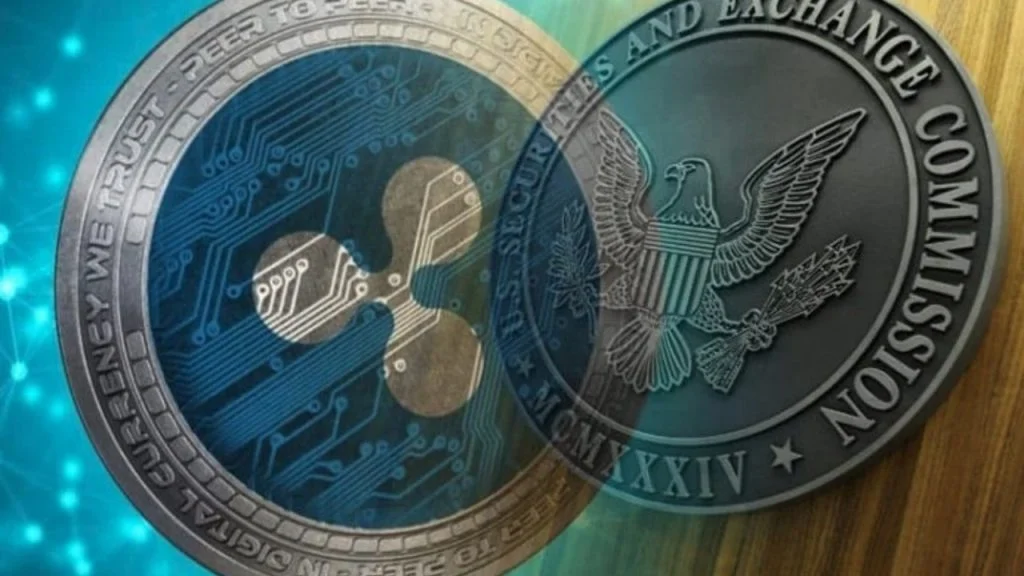The US SEC has expressed dissatisfaction with Ripple Labs’ most recent argument for a civil penalty, asserting that it is insufficient.

Ripple requested a penalty of “no more than $10 million” from Judge Analisa Torres of the United States District Court for the Southern District of New York on June 13, citing the SEC’s settlement with Terraform Labs. This amount is significantly lower than the regulator’s proposed $876.3 million civil penalty.
The SEC argued in a letter to Torres on June 14, a day later, that the $4.5 billion settlement with Terraform Labs and its co-founder Do Kwon, which included a $420 million civil penalty, was made because the firm is bankrupt, has agreed to return money to investors, and has fired leaders who were in charge at the time of the violations.
“Ripple is agreeing to none of this relief — in fact, Ripple is agreeing to nothing.”
The SEC argued that Ripple’s assertion that Terraform’s $420 million civil penalty was approximately 1.27% of its “$33 billion gross sales” was not an “apples-to-apples comparison.”

The SEC also determined that Terraform’s penalty was nearly 12% when measured against “the gross profit of the violative conduct,” estimated to be over $3.5 billion.
The regulator contended that the civil sanction assessed against Ripple would be $102.6 million if the same ratio were applied to the $876.3 million of Ripple’s gross profits that it requested to be disgorged.
“Such a minimal penalty would not fulfill the objectives of the civil penalty statutes,” the SEC stated.
The SEC’s proposed penalties for Ripple come to a total of nearly $2 billion. This includes $198.2 million in prejudgment interest, $876.3 million in civil penalty, and an additional $876.3 million in disgorgement.
Torres acknowledged that Ripple sold unregistered securities in a July 2023 ruling, but only when sold to institutional investors. The two have been embroiled in a legal dispute since 2020 when the SEC claimed that Ripple sold such securities.
In May, the SEC objected to Ripple’s attempt to conceal certain financial information. The regulator contended that the company should disclose the revenue it generated from XRP sales that Torres determined were unregistered.
